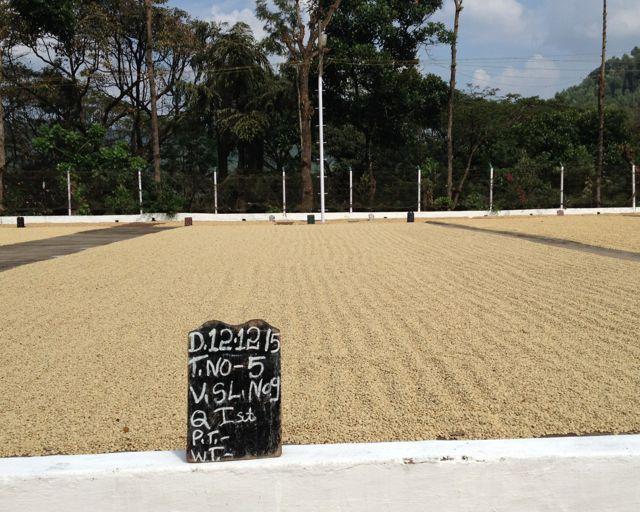
The history of Specialty Coffee is one of evolution among both roasters and consumers. In moving away from generic coffee, Specialty Coffee’s initial stage saw emphasis on coffees from a single country but from multiple farms or estates. The next stage then emphasized coffee from a single farm or estate but with a mix of varieties or cultivars.
Today, today focusing on coffee from a single farm AND also a single variety (or cultivar) is the norm for Specialty Coffee in the US… except when it comes to beans from India. The generalist importers and traders still mostly carry generic lots w/ little traceability.
The more focused approach- one variety from one estate– is what Josuma has been doing almost since Day One (more than 30 years ago). We’ve always thought that highlighting both individual farms and specific varieties was the optimal way to showcase the best green coffee from India.
That said, understanding the different cultivars that India offers can be a challenge for many roasters. Unlike other regions, where the same cultivar can be found across multiple countries, the ones produced in India often aren’t found elsewhere.
One such variety: Selection 9.
Selection 9 descends from an Ethiopian Arabica variety called Tafarikela. Because it has inherited many of Tafarikela’s superior cup quality traits, Selection 9 beans regularly score highly in the Flavour of India/Fine Cup competition (i.e. the Indian equivalent to the Cup of Excellence competitions held in other origins). Cupping notes will typically combine a mix of fruit (citrus, apple and/or berry) with caramel and/or nut.
As a specialist importer with an origin focus on India, we love all of the country’s coffee varieties equally and don’t officially have any favorites. That said, we may love the Selection 9 more equally than others. As such, you’ll typically find a few Selection 9 lots included in the Josuma Small/Microlot Program.